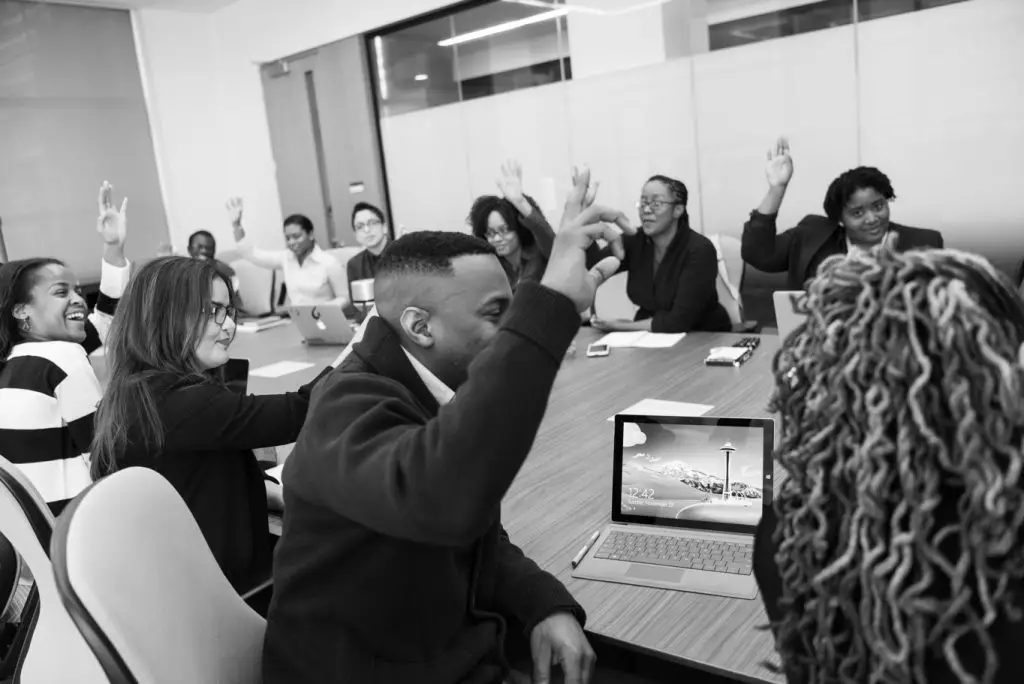
Evaluate the Effectiveness of use of Creative and Innovative Approaches in Own Area of Specialism
Within the computing department there are many creative and innovative approaches utilised during teaching and assessment. The approaches include independent yearlong student projects, external employer’s projects and mock interviews, games demonstrations and exhibitions, paid work experience placement within industry and overseas including Prague and China. Many of the independent yearlong student projects have provided some […]



